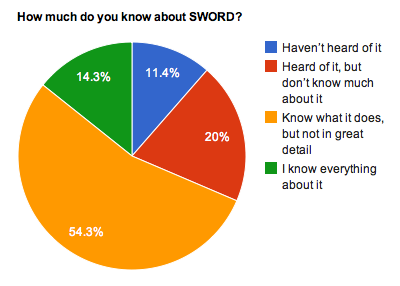We’re pleased to advertise the following:
Dryad (http://datadryad.org) is a repository for data associated with scientific publications. As Dryad grows, it is becoming more important to use established standards for exchanging data with other systems. Although Dryad is built on DSpace, the SWORD support in DSpace is not sophisticated enough to handle Dryad’s data model. Specifically, there is no way to submit a SWORD package to DSpace that includes multiple objects with structured relationships.
To correct these deficiencies, Dryad has a summer programming project available through the Google Summer of Code. The general aim of the project is to expand the capabilities of the DSpace SWORD module, allowing for objects wrapped in BagIt (https://wiki.ucop.edu/display/Curation/BagIt) packages and containing OAI-ORE (http://www.openarchives.org/ore/) manifests. Although the project is driven by Dryad’s needs, the new results will be broadly applicable within the DSpace community. The project will be developed in a configurable way so it may be included in a future release of DSpace. For more details, see the project description at http://bit.ly/GED8ZX.
If you’re interested, or know someone who is interested, don’t wait! The final application deadline is this Friday (6th April 2012), at 19:00 UTC. Send an initial notification of interest to the phylosoc group (contact information available on the project page). You are highly encouraged to create a draft proposal early this week so potential mentors may give feedback before the final proposal is submitted.

